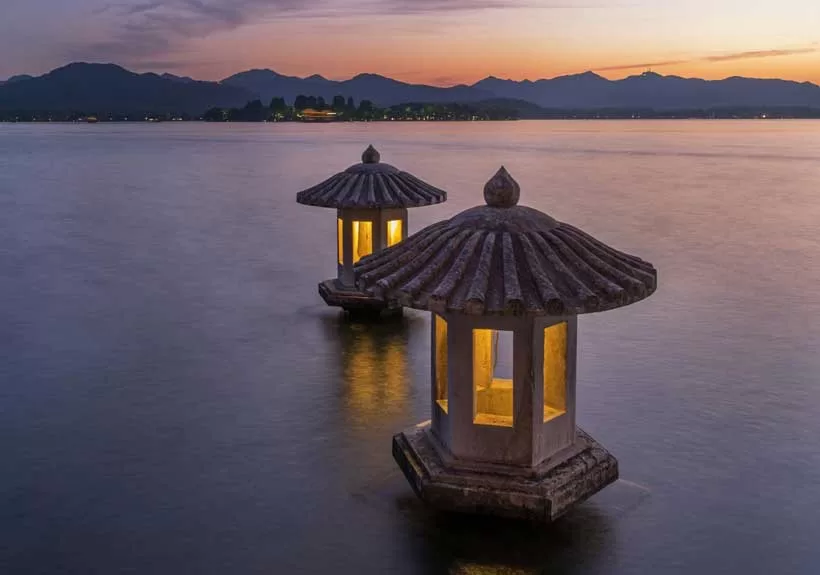Exploring a Financial Hub: Shanghai
Shanghai pulsated with a vibrant energy. This financial hub attracted a diverse population, evident in the multitude of dialects spoken and the mix of young and old pursuing their dreams. The city boasts prestigious universities like Fudan and Shanghai Jiao Tong, further solidifying its reputation as a center of innovation.
What surprised me most was the ease of finding Halal restaurants. Nestled on my hotel street was a gem serving delectable Xinjiang cuisine, a testament to China’s vast culinary landscape. Stepping into the beautifully decorated restaurant, I was greeted by the warm aroma of sizzling lamb skewers and hand-pulled noodles. My taste buds danced with familiarity as I savored a Biryani dish, a common Muslim food with a delicious combination of rice, lamb, and vegetables. The experience highlighted the surprising similarities between Chinese and Thai cuisine, particularly in the northwestern regions.
Beyond Food: Encountering Muslim Communities
My exploration of Shanghai extended beyond its culinary scene. I was fortunate to discover historical mosques like Xiaotaoyuan, built in 1917, and Foyou Road Mosque, dating back to the Qing Dynasty. These architectural marvels showcased Islamic influences, with Xiaotaoyuan housing various Islamic organizations and Foyou Road reflecting a traditional Chinese palace style. Witnessing these vibrant Muslim communities thriving in the heart of Shanghai offered a glimpse into the city’s rich pluralism.
A Journey to Hangzhou: Paradise of the East
A short bullet train ride whisked me away to Hangzhou, a city renowned for its picturesque beauty and West Lake. Home to tech giants like Alibaba and the prestigious Zhejiang University, Hangzhou exuded a unique blend of innovation and natural serenity. The focus on health and well-being permeated the atmosphere, a philosophy that resonated deeply with me.
Hidden Gems: Halal Delights and Ancient Mosques
Hangzhou unveiled another facet of Chinese pluralism with its historic mosques. The Phoenix Mosque, believed to date back to the Tang or Song Dynasty, stood as a testament to the city’s long Muslim heritage. The newer Hangzhou Mosque, a testament to the growing Muslim population, offered a majestic spectacle of Islamic architecture.
My quest for Halal delights led me to a charming restaurant nestled near the mosque. Here, I indulged in a variety of northwestern specialties, further expanding my culinary horizons. The unique flavors and cooking styles of Ningxia Hui, Xinjiang, Gansu, and Qinghai cuisines offered a delightful exploration of China’s diverse regional offerings.
Conclusion
My initial perception of China was one of a monolithic nation. However, my exploration of Shanghai and Hangzhou revealed a surprising level of pluralism. From the ease of finding Halal food to the thriving Muslim communities and historic mosques, China’s ability to cater to diverse populations truly impressed me. This unexpected openness makes China a strong contender for the title of Muslim-friendly travel destination, offering a unique blend of cultural experiences and culinary delights.
